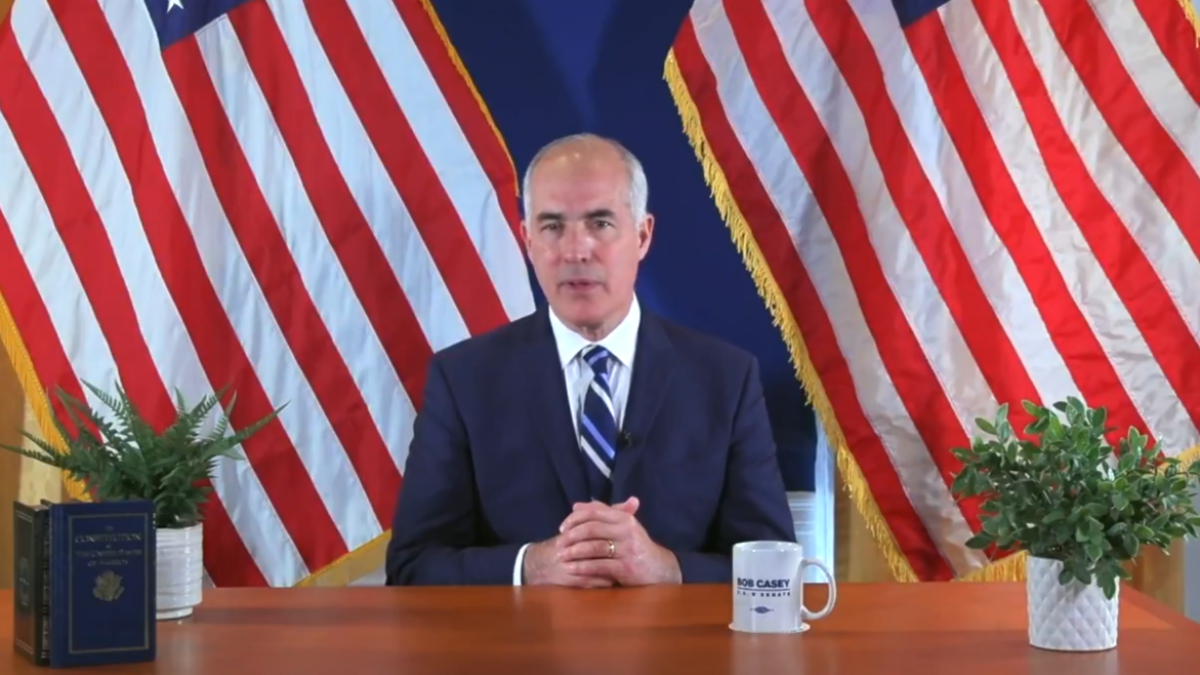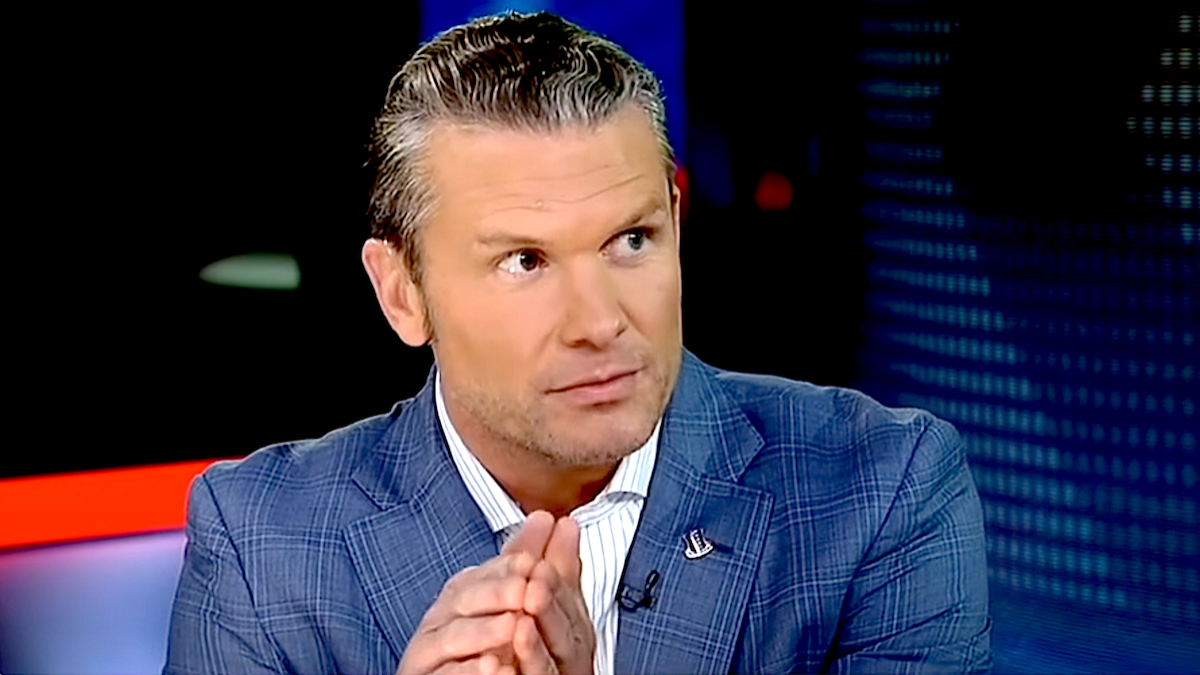President Biden, who turns 80 on Sunday, is racking up a growing list of awkward senior moments — like when he became momentarily inattentive during an on-camera interview (raising speculation that he may have fallen asleep), or when he called out for the late Rep. Jackie Walorski at an event, evidently forgetting she had been tragically killed in an auto accident. Rare interviews and news conferences have been the norm during his administration, as well as a reticence to take questions from the press.
An unsubstantiated statement about a Naval Academy appointment, a false claim that Congress passed a bill for student loan forgiveness (it didn’t), and a gaffe about visiting 54 states in the U.S. have only given more cause for concern. Meanwhile, gaffes with foreign policy implications, such as unscripted calls for Vladimir Putin’s removal and a murky understanding of the official U.S. policy regarding the defense of Taiwan, have given pause to many here and abroad. Because of this, the White House press secretary has frequently had to “walk back” what President Biden has said, with a cycle of confusing and inaccurate statements followed by spin and retractions.
A national poll from January found that 49 percent of voters “disagreed with the statement that Biden is mentally fit,” and 54 House Republicans have requested that he take a cognitive test. To date, only a few medical professionals have gone on record with their concerns, and they include a former White House physician, a Fox News medical correspondent, and a psychiatrist/author from Australia. Biden will turn 80 years old on Sunday and is the oldest sitting president in U.S. history. Should the American public be concerned?
What Does ‘Fitness for Duty’ Entail?
“Fitness for duty” refers to the ability of a worker to perform essential job duties in a safe and competent manner. Being fit for duty is critically important, particularly if the worker is performing a job in which an error could be deadly. These jobs require situational awareness, clarity of thought and expression, coordination, and the ability to multi-task, often while working in stressful situations. Certainly, that description applies to the duties of the president.
There is no pre-placement physical examination for one who has been elected president, but an annual physical exam has been customary, usually performed by the White House physician assisted by other consultants. The White House physician serves at the pleasure of the president and decides which examinations are performed and what information is released to the public. Because of this close relationship, there may be a bias to present an overly optimistic report.
Certain examinations may be omitted at the discretion of the White House physician, as seen with President Biden’s recent physical examination where no formal neuropsychologic testing appeared to have been performed. (President Trump underwent this testing during his tenure, and he reportedly passed it.)
In the private sector, physical examinations to determine fitness for duty are performed periodically, such as FAA flight physicals. Outside of the regularly prescribed examinations, a fitness-for-duty examination may be done “for cause” if a worker performs erratically or has difficulties with the essential functions of his job. If cognitive issues are present, specific tests can be performed.
The 25th Amendment
What can be done when the president’s fitness to serve comes into question? It wasn’t until after the assassination of President John F. Kennedy that the 25th Amendment was adopted in 1967 to define how a sitting president may be removed in case of physical or mental infirmity. Presidents Ronald Reagan, John F. Kennedy, Dwight D. Eisenhower, Franklin Delano Roosevelt, Woodrow Wilson, and Grover Cleveland all had significant health issues during their terms, yet either the public was not aware, or the issues were minimized. Wilson had a stroke that left him partially incapacitated, and Eisenhower had a heart attack that required him to take off time to recuperate.
Section 4 of the 25th Amendment allows that “the Vice President and a majority of either the principal officers of the executive departments or of such other body as Congress may by law provide” a “written declaration that the President is unable to discharge the powers and duties of his office,” upon which the vice president becomes the acting president. If the president disputes this determination, he resumes his duties, but if concerns about the president’s ability to serve still exist, another determination of incapacity must be made by the vice president and a majority of the Cabinet members. After this, Congress takes up the matter and may discharge the president by a two-thirds majority vote in both houses. Section 4 has never been invoked.
Biden Should Submit to a Cognitive Exam
The American public has every right to expect the president of the United States to be fully competent. As the leader of the free world, his is an awesome responsibility that cannot be delegated to a committee of underlings.
Biden has repeatedly vowed to bring truth and transparency back to government and to share accurate information with the American people. In keeping with this proffer of transparency, an independent panel of medical experts should be convened immediately, in order to perform examinations on the president to give an unbiased opinion on his fitness to serve. This type of evaluation is no different than what would be done for a corporate CEO, airline pilot, or truck driver with similar suspected cognitive issues who undergoes a “for cause” fitness-for-duty evaluation.
There is no shame in aging or its accompanying loss of mental capacity. There is shame, however, in refusing to admit and accept diagnoses that may preclude one from continuing to serve, especially as president of the United States. Only a formal fitness-for-duty exam, as outlined, can put to rest any questions about Biden’s ability and competence to lead this country for the next two years.






